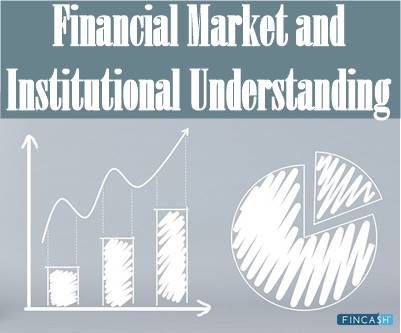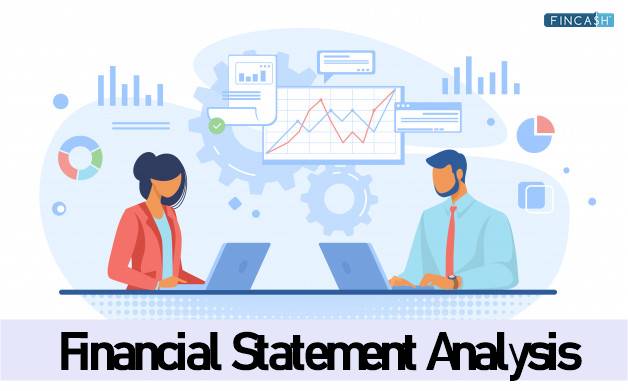
Table of Contents
Futures and Options: Understanding The Financial Instruments
Undeniably, stocks and shares Market in India has grown exponentially over the past few years. However, when talking about massiveness, a market that is even bigger than equities is the equity derivatives market in the country.
Putting it in simple words, derivatives don't have a value of their own and take the same from an Underlying asset. Basically, derivatives comprise two significant products, viz. Futures and Options.
The trading of these products regulates an essential aspect of the entire Indian equity market. So, without any further ado, let’s understand more about the differences that these have and how they play an integral part in the market.
Defining Futures and Options
A Future is an Obligation and a right to sell or buy an underlying stock (or an asset) on a specific date, at a preset price and deliver it at a predetermined time unless the position of the holder is closed before the expiry of the contract.
By contrast, Options gives a right to the investor, but not an obligation to purchase or sell shares at a given price at any time as far as the contract is still in effect. Essentially, Options are divided into two different types, such as Call Option and Put Option.
Both Futures and Options are financial products that investors can use to generate money or to evade the ongoing investments. However, the fundamental similarity between these two is that both of them allow investors to buy and sell a stake by a specific date and at a certain price.
But, the market for future and option trading is different in terms of how these instruments work and the risk Factor that they carry.
Understanding The Basics of F&O Stocks
Futures provide the benefit of trading equities with a margin. However, the Volatility and the risk could be unlimited on the opposite side, regardless of whether your investment has a long-term or a short-term tenure.
As far as options are concerned, you can limit losses to a certain extent of the premium that you had paid. Considering that Options are nonlinear, they turn out to be more agreeable to complex options in future strategies.
One significant difference between futures and options is when you purchase or sell Futures, you need to pay upfront margin and market-to-market (MTM) margins. But, when you are buying options, you only have to pay the premium margins.
All About F&O Trading
Options and Futures get traded in the form of contracts with tenure up to 1, 2, and 3 months respectively. All F&O trading contracts come with an expiry date of last Thursday of the tenure’s month. Principally, Futures get traded at a futures price that is generally at a premium to the spot price owing to the time value.
For each stock for one contract, there will only be one future price. For instance, if you are trading in the January stocks of Tata Motors, you can simultaneously also trade in the February as well as March stock of Tata Motors with the same price.
On the other hand, trading in Options is a far complex procedure in comparison with its counterpart. Hence, there are going to be different strikes that will be traded for the same stock for both the put options and Call options. Therefore, if the strikes for Options go higher, the prices for trading will decline progressively for you.
Talk to our investment specialist
Future vs Options: The Major Differences
There are several such factors that set both futures and options apart. Below-mentioned are some of the significant differences between these two financial instruments.
Options
Since they are relatively intricate, options contracts could be risky. Both put and call options have the same degree of risk. When you buy a stock option, the only financial liability that you will be gaining is the premium at the time of purchasing the contract.
But, when you open a put option, you will be exposed to the maximum liability of the underlying price of the stock. In case you are buying a call option, the risk will be limited to the premium that you paid upfront.
This premium keeps rising and falling throughout the contract. Based on several factors, the premium is paid to the investor who opened a put option, also known as the option writer.
Futures
Options could be risky, but futures tend to be riskier for an investor. Future contracts comprise maximum liability for both the seller and the buyer. As the prices of the underlying stock move, either party of the agreement would have to deposit more money into the trading accounts to accomplish their daily requirement.
The potential reason behind this is whatever you gain on futures get automatically marked to market daily. It means that the changes in the position’s value, whether it goes up or down, is moved to the futures accounts of the parties by the end of each trading day.
Conclusion
Of course, purchasing financial instruments and honing investment skills with time is a recommended option. However, considering the risk that these Futures and Options investments come with, experts vouch for preparing yourself financially as well as emotionally before taking this significant step. Also, if you are reasonably new to this world, you must take help from an expert to increase gains and decrease losses significantly.
All efforts have been made to ensure the information provided here is accurate. However, no guarantees are made regarding correctness of data. Please verify with scheme information document before making any investment.












